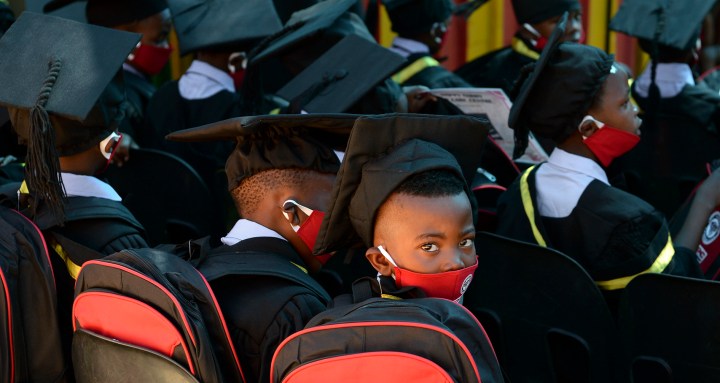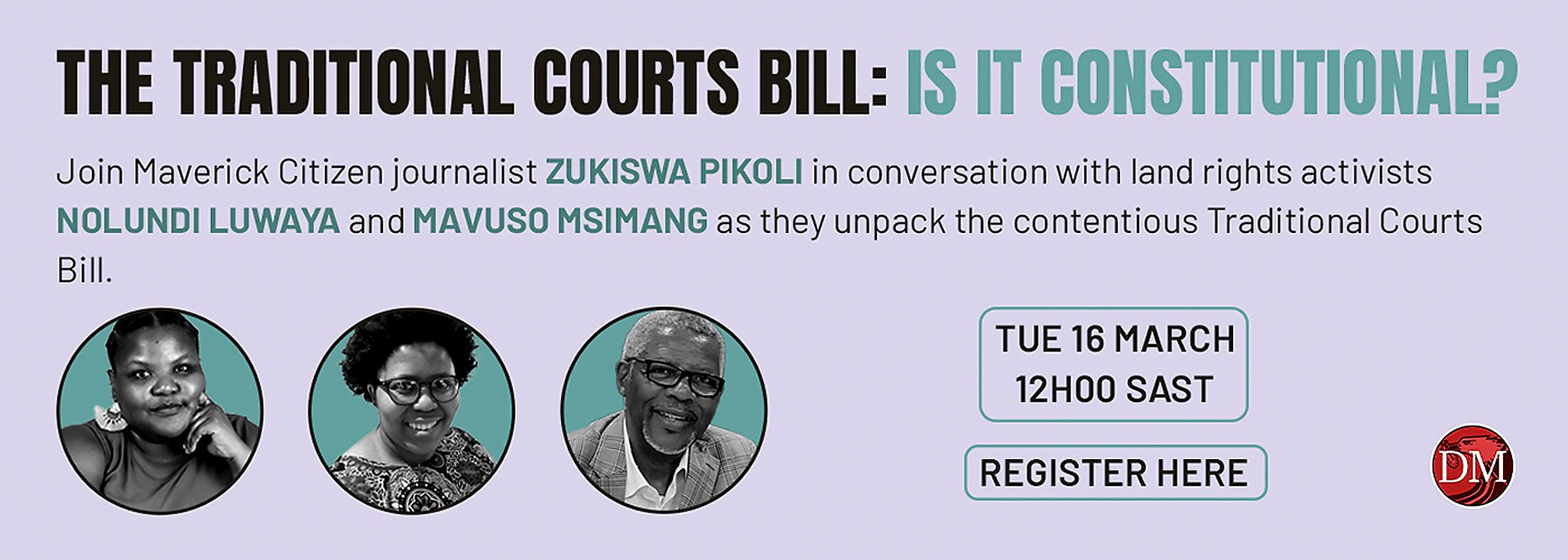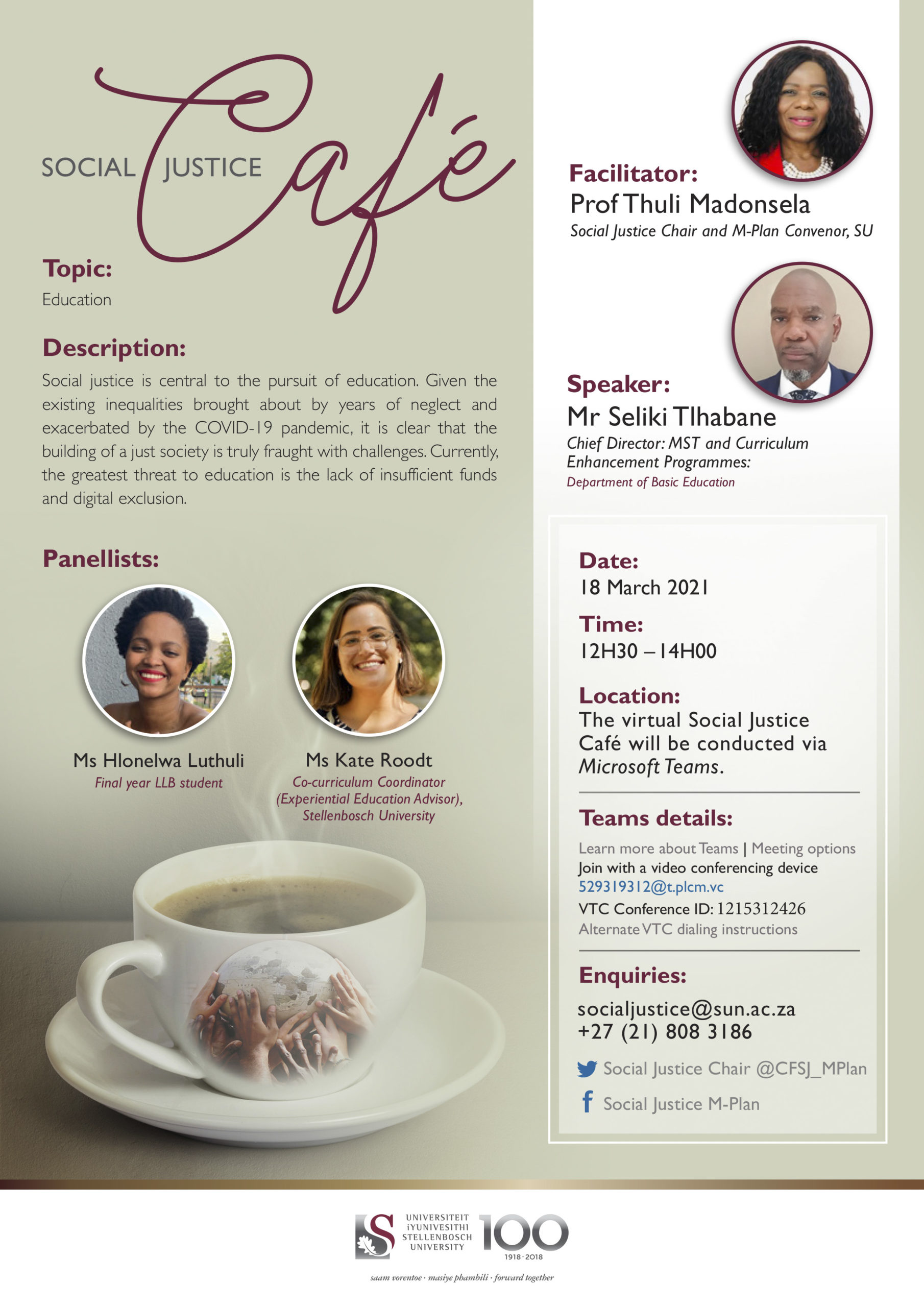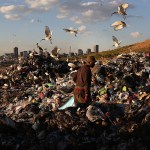CIVIL SOCIETY WATCH 15-21 MARCH
This week in civil society: the Human Rights of children – from a name to education

The rights of children are protected by their own section in the Constitution. In 2018, children made up 34% of the South African population. In the lead-up to Human Rights Day, their rights will be the focus of civil society – from their right to a name and nationality, to their right to education. Civil society also turns its attention to the constitutionality of the Traditional Courts Bill as well as the continued haze around the purchase of Covid-19 vaccines.
Sunday, 21 March is a standout day for civil society the world over. In South Africa, we will mark Human Rights Day. It is also the start of the International Week of Solidarity with the Peoples Struggling against Racism and Racial Discrimination, with the theme of “Youth standing up against racism”. It is World Poetry Day, World Down Syndrome Day as well as the International Day of Forests.
As ever, this week civil society discusses and plans how to protect human rights more quickly and more meaningfully – from a child’s right to a name and nationality, to the world’s right to a fairly priced and accessible Covid-19 vaccine:
On Monday, 15 March, Lawyers for Human Rights will hold a live discussion on access to birth registration in South Africa. Every child has a constitutional right to a name and nationality, but thousands are unregistered each year, according to the organisation. Members of its Statelessness Project will take questions on this issue on the organisation’s Facebook page at 2pm.
Later that day, there will be a digital citizen rights workshop presented by Media Monitoring Africa, the Goethe-Institut and the German Embassy to give a South African and international perspective on digital citizen rights as they relate to freedom of expression, security, privacy and access. Reserve your spot here.
On Tuesday, 16 March, rights activists Nolundi Luwaya and Mavuso Msimang will be in conversation with Maverick Citizen journalist Zukiswa Pikoli to unpack the Traditional Courts Bill. The bill was tabled more than a decade ago and now Parliament has referred it for legal opinion to test whether it is in line with the Constitution. Join the webinar here at 12pm.

What is the “price tag” of achieving global vaccine herd immunity and where will the money come from? This will be discussed on Tuesday, 16 March during a webinar hosted by the Duke Global Health Institute. On the expert panel is the founder of the Health Justice Initiative, Fatima Hassan. Register for the 8am webinar here.
On Wednesday, 17 March, leaders of organisations such as Amnesty International, the International Commission of Jurists, Oxfam and the Health Justice Initiative will unpack equitable Covid-19 vaccine access in southern Africa. To join the discussion at 10am, RSVP to [email protected].
On Thursday, 18 March, Professor Thuli Madonsela will facilitate a discussion between chief director of curriculum in the Department of Basic Education, Seliki Tlhabane, law student Hlonelwa Luthuli and experiential education adviser Kat Roodt on social justice in education. Join here.

Later that day, the early childhood development sector will reflect on the upswell of unity and advocacy in the past year to keep their centres open and safe for children. Executive director and founder of the Equality Collective, Tess Peacock, will ask Equal Education general secretary Noncedo Madubedube and Maverick Citizen editor Mark Heywood about what the sector can learn from the activism of others. Join here at 2pm.
Meanwhile, experts in nutrition, urban planning and non-communicable diseases will unpack the link between access to safe and nutritious food and non-communicable diseases in South Africa. About 51% of South Africa’s annual deaths are attributed to non-communicable diseases. The webinar will tackle what to do about it. Register here for the discussion at 2pm. DM/MC.
















 Become an Insider
Become an Insider
Comments - Please login in order to comment.